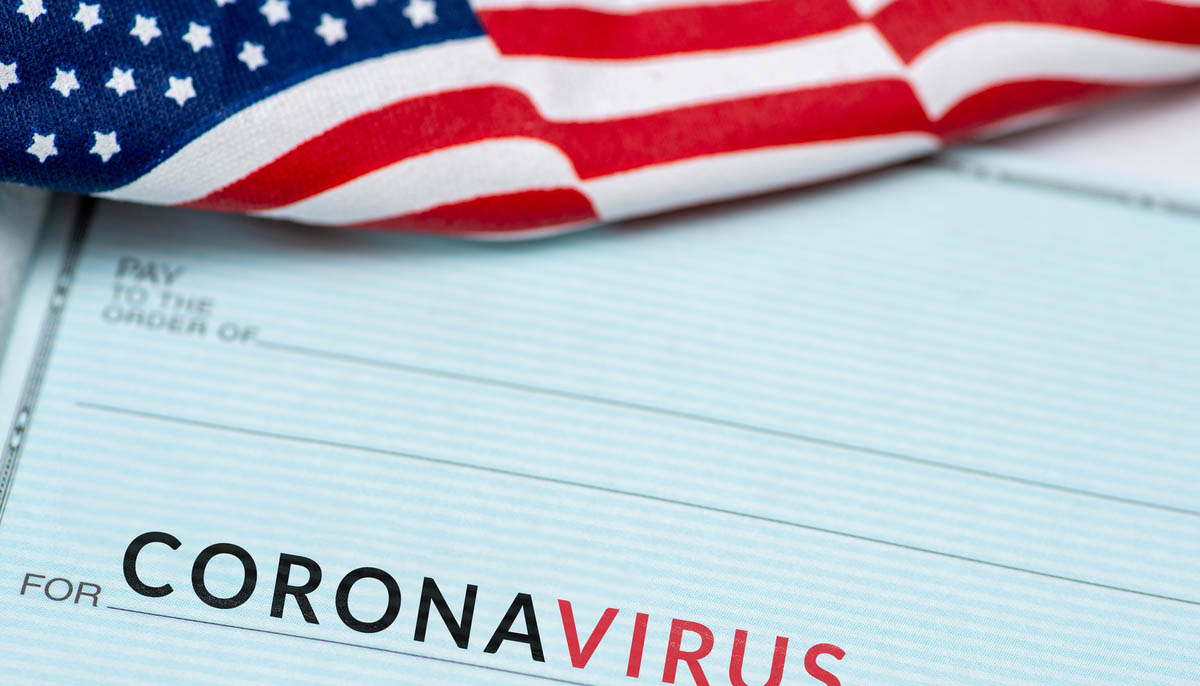Shutterstock
Proving that nothing can go off without a hitch in the year 2020, the IRS accidentally sent some coronavirus relief checks to the deceased. While the sentiment is likely appreciated by their families, $1,200 and the best finance advice in the world likely won’t be helping them with their condition. It’s not immediately clear how many deceased individuals received the money.

It’s not surprising that a non-zero number of deceased individuals received stimulus checks. Anyone who filed a tax return for 2018 or 2019 was eligible to receive the stimulus money. People who had their bank account info on file with the IRS for direct deposits were among the first to receive the stimulus money. However, that also means that some deceased individuals with 2018 and 2019 tax returns could have received the money.
“We’re aware of all the survivor-related questions and we’re still working that issue,” said Eric Smith, spokesperson for the IRS. The money was noted by survivors who had access to their deceased loved ones’ bank accounts. At the time of this writing, the Treasury Department has not yet commented on the development.
Notably, this is not the first time stimulus checks have been issued to the deceased. The American Recovery and Reinvestment Act, similarly, led to some dead people getting stimulus checks. That bill was enacted to help combat the effects of the Great Recession, under President Barrack Obama.
The IRS is working very rapidly to send checks out to eligible Americans. COVID-19 has severely damaged the US economy, and the government hopes the stimulus bills help reverse some of that damage. As such, it’s not surprising some mistakes occurred. The IRS is understaffed and working to get the money out as fast as possible.
Internal reports say the IRS still has mainframes from the 1960s. As the agency rushes to distribute the money, it’s no surprise some mistakes would be made. After all, the agency would rather get the money to people ASAP and then correct any mistakes after the fact. The sooner people get the money, the sooner they can pay bills and buy groceries.
Meanwhile, President Trump has urged local and state governments to follow their own COVID-19 timelines. Trump insists that each state will need a unique return to normal. States like New York, for instance, will probably need more time to open back up. Remote states like West Virginia and the Dakotas, however, could reopen much more quickly, due to their small number of cases.